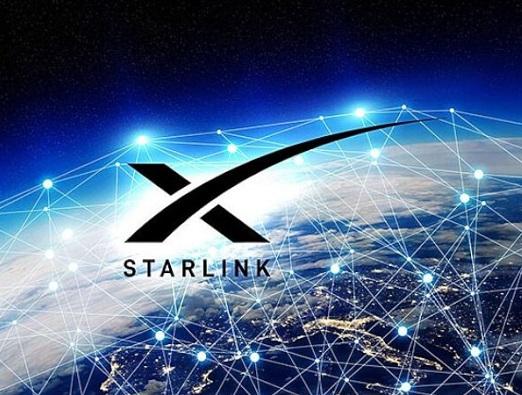News / National
Chinese take on Elon Musk's Starlink
19 Dec 2024 at 17:00hrs |
0 Views

In early December, China launched the third batch of satellites for its low Earth orbit (LEO) internet project, Qianfan, also known as "Thousand Sails." The constellation, which is expected to consist of 15,000 satellites, aims to rival SpaceX's Starlink and establish China as a key player in global satellite internet services.
The Qianfan project is part of China's broader efforts to develop its own satellite internet systems, alongside two other ambitious constellations: Guo Wang and Honghu-3. The Guo Wang constellation will deploy 13,000 satellites, while Honghu-3 plans to launch 10,000. These satellite constellations are designed to provide global internet coverage, with a particular focus on regions with limited or unreliable connectivity.
Experts believe that having independent satellite internet systems will not only enhance China's technological capabilities but also increase its geopolitical influence and improve national security. By controlling its own satellite network, China can reduce dependence on foreign providers like SpaceX and ensure greater autonomy in managing its digital infrastructure.
However, despite its progress, China faces a significant challenge in the form of its rocket launch capabilities. In order to deploy all the planned satellites into orbit, China will need to significantly ramp up its rocket production and launch frequency. The country is actively working on improving its space launch infrastructure to meet these demands.
In comparison, SpaceX’s Starlink service has already gained widespread international recognition, including in countries with poor connectivity like Zimbabwe and other parts of Africa. Starlink provides high-speed satellite internet, which is particularly valuable in rural or remote areas where traditional internet infrastructure is lacking.
As China continues its push to develop its satellite internet constellations, the competition between its services and those of SpaceX is expected to intensify. The eventual success of these projects could reshape global internet access, offering new opportunities for millions of people in underserved regions around the world.
The Qianfan project is part of China's broader efforts to develop its own satellite internet systems, alongside two other ambitious constellations: Guo Wang and Honghu-3. The Guo Wang constellation will deploy 13,000 satellites, while Honghu-3 plans to launch 10,000. These satellite constellations are designed to provide global internet coverage, with a particular focus on regions with limited or unreliable connectivity.
Experts believe that having independent satellite internet systems will not only enhance China's technological capabilities but also increase its geopolitical influence and improve national security. By controlling its own satellite network, China can reduce dependence on foreign providers like SpaceX and ensure greater autonomy in managing its digital infrastructure.
However, despite its progress, China faces a significant challenge in the form of its rocket launch capabilities. In order to deploy all the planned satellites into orbit, China will need to significantly ramp up its rocket production and launch frequency. The country is actively working on improving its space launch infrastructure to meet these demands.
In comparison, SpaceX’s Starlink service has already gained widespread international recognition, including in countries with poor connectivity like Zimbabwe and other parts of Africa. Starlink provides high-speed satellite internet, which is particularly valuable in rural or remote areas where traditional internet infrastructure is lacking.
As China continues its push to develop its satellite internet constellations, the competition between its services and those of SpaceX is expected to intensify. The eventual success of these projects could reshape global internet access, offering new opportunities for millions of people in underserved regions around the world.
Source - online
Join the discussion
Loading comments…























